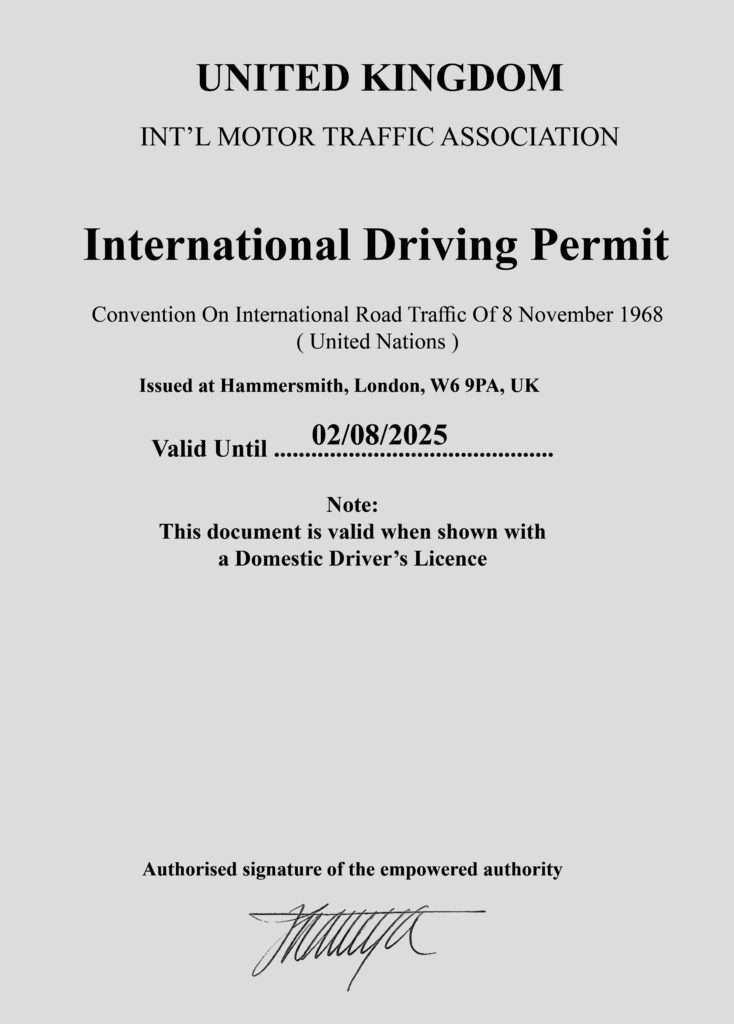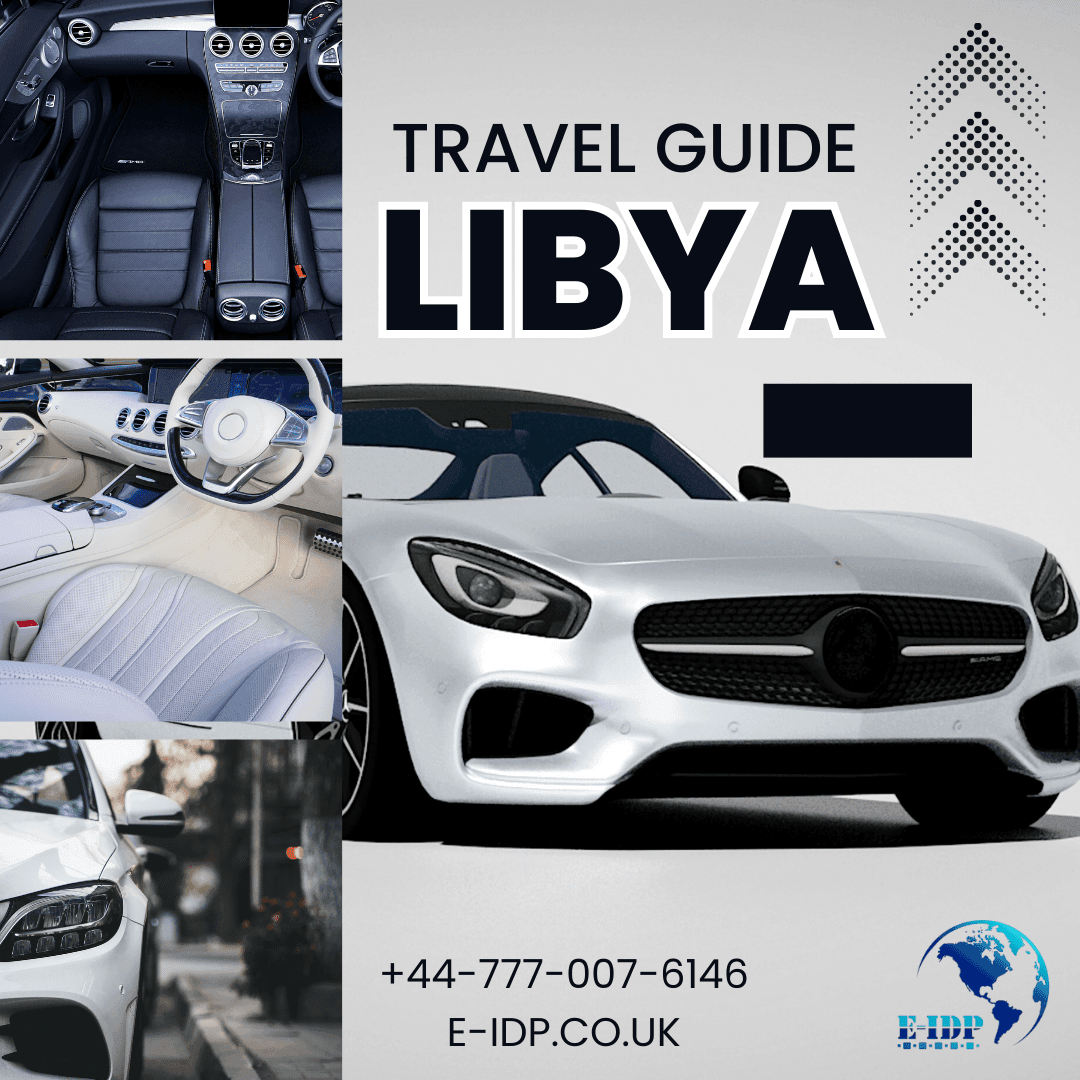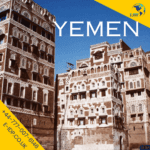Libya: A Comprehensive Travel Guide
Libya, situated in North Africa, is characterized by a profound historical and cultural heritage that spans millennia. This territory has been continuously inhabited since ancient eras, witnessing the emergence and decline of numerous significant civilizations. Notably, the Phoenicians established trading outposts along the Mediterranean coastline, followed by the Romans, who incorporated the area into their expansive empire, leaving behind a wealth of archaeological sites, such as those found in the ancient city of Sabratha. LIBYA Travel Guide, IDP apply online LIBYA, International Driving Permit LIBYA, International Driving licence LIBYA, International Driving license LIBYA
In subsequent centuries, Libya underwent a transformative period with the advent of Islam, which significantly reshaped its cultural framework. The introduction of Islam in the 7th century marked a crucial juncture, leading to the formation of varied communities that contributed to the nation’s identity. The impact of Islamic customs is intricately woven into the fabric of Libyan society, manifesting in daily life, architectural styles, and the vibrant culture that persists today.
Hospitality is a cornerstone of Libyan culture, with traditions that emphasize the importance of welcoming guests. Visitors are often received with utmost respect and kindness, as it is customary for Libyans to share meals and narratives, thereby nurturing a sense of community. This practice highlights the significance of familial and social ties, illustrating a society where personal relationships are highly valued.
Additionally, Libya showcases a rich linguistic diversity. While Arabic serves as the official language, various dialects are prevalent throughout the nation, reflecting distinct regional identities. Other languages, including Amazigh and Italian, are also spoken, a testament to the country’s intricate historical narrative. Each region of Libya possesses its own cultural customs, creating a rich tapestry of traditions that coexist and influence one another. Grasping these subtleties enhances the experience for travelers, making their time in Libya even more rewarding. LIBYA Travel Guide, IDP apply online LIBYA, International Driving Permit LIBYA, International Driving licence LIBYA, International Driving license LIBYA
Essential Travel Information and Tips
Traveling to Libya necessitates an understanding of several key factors to ensure a seamless and enjoyable journey. First and foremost, it is essential to be aware of visa requirements, as the majority of visitors must secure a visa before their arrival. The visa application process may require the submission of various documents, including a passport that remains valid for at least six months beyond the planned departure date, a completed application form, and potentially an invitation letter. Given the ever-changing political landscape, travelers are encouraged to consult official sources or their respective embassies for the most current travel advisories and visa regulations.
Safety is a critical consideration when visiting Libya. Due to ongoing security issues in certain regions, it is prudent to stay informed through reliable news sources or government travel advisories. Upon arrival, travelers should register with their embassy and maintain a discreet profile while exploring. Utilizing reputable transportation services and steering clear of high-risk areas, particularly after dark, significantly enhances personal safety. It is advisable to travel in groups whenever possible and seek local advice regarding safe areas.
The optimal times to visit Libya are generally during the spring months (March to May) and autumn months (September to November), when the climate is more temperate and favorable for outdoor activities. Health precautions should also be taken into account; visitors are urged to verify any necessary vaccinations, such as those for hepatitis A and B, and to prepare by bringing essential medications. Additionally, it is vital to comprehend local customs and traditions; honoring cultural practices, especially those related to dress and conduct in public, fosters positive interactions.
The currency in Libya is the Libyan dinar, and travelers should familiarize themselves with exchange rates prior to their journey. Although the use of credit cards is becoming increasingly prevalent in urban centers, it is advisable to carry cash, particularly in more remote areas. LIBYA Travel Guide, IDP apply online LIBYA, International Driving Permit LIBYA, International Driving licence LIBYA, International Driving license LIBYA
Top Destinations: Must-See Places in Libya
Libya, a nation steeped in rich history and cultural heritage, presents an array of extraordinary destinations that appeal to various interests. Tripoli, the capital city, stands out as a key location. Renowned for its lively markets and historical architecture, Tripoli features the Red Castle (Assaraya al-Hamra), which offers insight into the country’s heritage. Visitors may also explore the National Museum of Libya, where artifacts narrate the story of Libya’s past, or meander through the Medina, immersing themselves in the vibrant atmosphere created by local traders.
Another noteworthy site is the ancient ruins of Sabratha, recognized as a UNESCO World Heritage site. The remarkably preserved Roman theatre exemplifies the splendor of ancient civilizations. Travelers can wander through the ruins to admire exquisite mosaics and structures while enjoying picturesque views of the Mediterranean. It is advisable to partake in guided tours, as they provide valuable context regarding the history and importance of the site.
For those in search of a distinctive cultural experience, Ghadames is an essential destination. This ancient town, also designated as a UNESCO site, is celebrated for its unique architecture and intricate old town layout, which was designed to shield inhabitants from the severe desert climate. Visitors can delve into the town’s rich cultural legacy by exploring the local museum or engaging in community events that frequently take place throughout the year. LIBYA Travel Guide, IDP apply online LIBYA, International Driving Permit LIBYA, International Driving licence LIBYA, International Driving license LIBYA
Additionally, the Sahara Desert boasts stunning landscapes that are a must-see. Adventurous travelers can participate in guided tours that offer activities such as camel trekking and desert camping, providing an exceptional opportunity to appreciate the vastness and allure of the desert. Witnessing the sunset over the dunes is an especially captivating experience that should not be overlooked.
These destinations exemplify Libya’s distinctive fusion of history, culture, and natural beauty, making them indispensable stops for any traveler eager to uncover the wonders of Libya.
Exploring Libyan Cuisine: A Culinary Journey
Libyan cuisine presents a vibrant array of flavors and traditions, intricately linked to the nation’s historical and cultural evolution. Shaped by influences from Mediterranean, Berber, and Arabic cultures, the culinary scene captivates visitors with its remarkable variety. Fresh ingredients are fundamental to Libyan cooking, with essential elements including grains, legumes, vegetables, and an assortment of spices that elevate the overall flavor profile.
Couscous stands out as one of Libya’s most emblematic dishes, serving as a cornerstone for numerous meals. This semolina-based staple is typically paired with a rich sauce crafted from vegetables, meat, or seafood, making it adaptable for both vegetarian and meat-eating preferences. Another cherished dish is bazin, a hearty bread-like creation made from wheat flour and water. It holds cultural importance, often featured at family gatherings and significant events, symbolizing togetherness and generosity.
Labaniya is another beloved Libyan dish that showcases the country’s agricultural richness, comprising yogurt, herbs, and spices, occasionally enhanced with vegetables or meat. Its refreshing flavor has made it particularly popular during the hotter months. These dishes merely hint at the culinary treasures that await those who delve into Libyan gastronomy.
To truly experience authentic Libyan cuisine, one should visit street markets and local restaurants. The lively ambiance of venues such as Tripoli’s Souk al-Madina offers opportunities to taste freshly prepared dishes and purchase local ingredients, including spices, olives, and honey. Communal dining is a valued tradition in Libya, where families and friends gather around shared platters, underscoring the importance of food in fostering social connections and cultural identity.
Libyan cuisine provides an engaging culinary adventure, encouraging travelers to immerse themselves in the flavors and narratives behind each dish. It stands as a reflection of the nation’s rich heritage and the warmth of its people, making it an indispensable aspect of any journey through Libya.
What you need to rent a car, and how to rent one
As a tourist, you’ll most likely be renting a car (more on that in a bit) for your road trip. Even so, there are certain requirements that you’ll have to check off before you get into it.
- You have to get an International Driver’s Permit. Apply for it online or head to the office — we prefer doing it in person because the queue is pretty short during off-peak hours, and you can get it done on the same day. It’ll cost S$20 and is valid for one year from the date of issue.
- A valid local driver’s license. international driving licence online
- You have to be at least 21 years of age and have held your local licence for a year. A surcharge may be imposed for drivers under the age of 25.
- A passport for identification .
- A credit card in the driver’s name.
How to obtain an international driving permit
The process of obtaining an international driving license directly from an office can be quite challenging and time-consuming. The payment methods involved can also be complex. Therefore, it is recommended to consider applying for an international driving license from IMTA. The application process only takes around 10 to 15 minutes, making it a more efficient option for getting your international driving permit Get Your Online Int’l Driving Permit for the United Kingdom
Your Online Int’l Driving Permit for the United Kingdom
The necessary details required for the application of an International driving permit include:
– Full Name
– Email & Phone Number
– Current Address
– Place of Birth
– National Driver’s License Number
– National Driver’s License Issued Date & Expiry Date
– Picture of Driver’s License & Your Head Shot Photo for Your IDP





